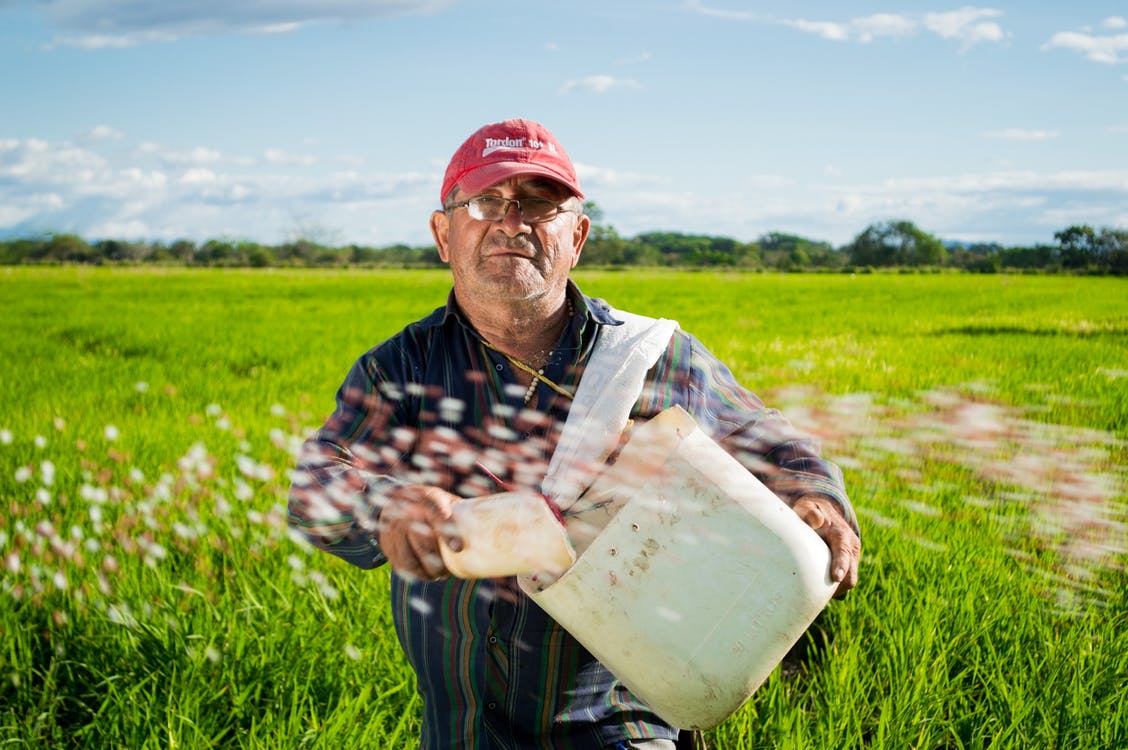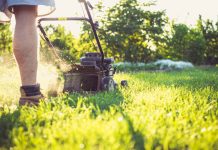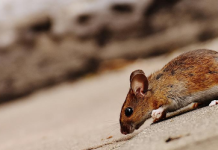There is a certain satisfaction you get when you harvest the crops you planted. You get to feed your family and community and profit financially. But as any farmer knows, the time between planting and reaping can be fraught with difficulty. Staving off pests, encouraging growth and preventing disease are often challenging. However, growing healthy crops is definitely possible. What you do during the growth phase is important. Here are some of the things you should consider.
Feed Your Plants
Your crops will experience growth spurts and you need to provide them with nutrients during this phase. You can choose “fast food” fertilizers or opt for something organic. Water-soluble fertilizers can be added to water so you can easily kill two birds with one stone. For more on this, connect with Agron LLC. Some farmers prefer to use manure, compost or fish fertilizers or even manure tea. Organic options take a longer time to work but they contribute to the long-term health of the soil. If you’re using yard waste, make sure it is fully composted so any diseases are killed. Infected plant waste can ruin all your hard work with your crops.
Water Your Crops in the Right Way
When you water and how often you water will depend largely on the weather and soil in your location. But did you know the way you water is also important? You should try to avoid getting the foliage of your plants wet and concentrate on the roots. This is because some pathogens need water to grow and reproduce. Many leaf problems also get worse when the leaves are wet. Moreover, overwatering can suffocate the roots or make them vulnerable to fungi.
Get Rid of Weeds Early On
Weeds can affect how your plants grow. They compete for light, water, and nutrients and can prevent your crops from becoming sturdy and growing up straight. Weeds can be time-consuming and frustrating to remove but doing so is necessary if you want your plants to be healthy.
Monitor the Bug Situation
Not only can bug bites make your crops less attractive, but they can contribute to the spread of viruses and bacteria. The openings caused by the bite leave the plant vulnerable to disease. In addition, some insects like aphids actually spread disease when they bite. Attacks from insects also make it less likely that your crops will be able to fight disease. Both chemical and organic solutions are available for pesky bugs.
Avoid Overcrowding
As growing plants spread, you need to make sure they’re not bunched together. Rust, mildew and other diseases can spread when the humidity becomes too much. Giving the plants more room will increase the airflow around them. When your crops have to compete for water, light, and nutrients, they become weak and their yield will be reduced. They will also be more susceptible to disease. Disease can also spread more easily among closely packed plants. Be sure to rearrange your plants when it is necessary to avoid problems.
Growing crops can be difficult but it is certainly isn’t impossible. Follow these tips and you’ll reap nutritious crops and improve the soil for the next round of planting.



















